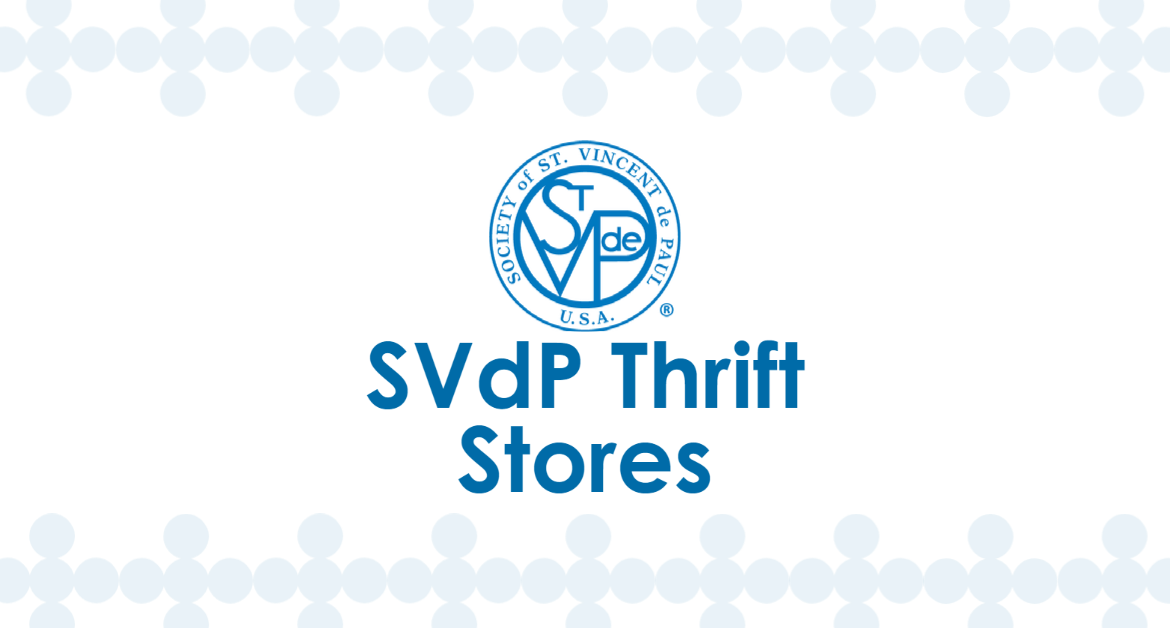Q: The LDS church has contacted our Conference offering volunteers to help with our service. I know there are major doctrine differences, so would like to know how SVdP responds to such a request.
A: Members of the LDS church (as well as others) can be Associate Members, meaning they can participate in the works and possibly attend meetings (without a vote), but they cannot be officers. If your Conference has special works, such as a pantry or a store, they can assist as volunteers. If your Conference has special seasonal programs such as Thanksgiving or Christmas, they can help then as well.
Q: We have a Conference president approaching the end of her second term and trying to plan her succession. No current member of this active Conference seems willing to step up to succeed her. If that does not change, what should happen with the Conference?
A: There are two choices, either elect someone from within or close the Conference. It is up to the Conference members to step forward and provide leadership for their Conference. A District Council president can temporarily appoint someone to be Conference president if no president is nominated before the current president term ends; but an election has to take place as soon as possible and within a reasonable time. The current president must NOT stay in office beyond their elected first/second terms.
Spanish Translation
P: La iglesia SUD se ha puesto en contacto con nuestra Conferencia ofreciendo voluntarios para ayudar con nuestro servicio. Sé que existen diferencias importantes de doctrina, entonces me gustaría saber cómo responde SVdP a tal solicitud.
R: Los miembros de la iglesia SUD (así como otros) pueden ser Miembros Asociados, lo que significa que pueden participar en las obras y posiblemente asistir a las reuniones (sin voto), pero no pueden ser funcionarios. Si su Conferencia tiene trabajos especiales, como una despensa o una tienda, pueden ayudar como voluntarios. Si su Conferencia tiene programas especiales de temporada como Acción de Gracias o Navidad, ellos también pueden ayudar.
P: Tenemos un presidente de la Conferencia acercándose al final de su segundo mandato y tratando de planificar su sucesión. Ningún miembro actual de esta Conferencia activa parece estar dispuesto a dar un paso al frente para sucederle. Si eso no cambia, ¿qué debería pasar con la Conferencia?
R: Hay dos opciones, elegir a alguien de dentro o cerrar la Conferencia. Depende de los miembros de la Conferencia dar un paso adelante y proporcionar liderazgo para su Conferencia. Un presidente del Consejo de Distrito puede nombrar temporalmente a alguien para que sea presidente de la Conferencia si no se nombra ningún presidente antes de que finalice el mandato actual; pero las elecciones deben tener lugar lo más pronto posible y en un plazo razonable. El presidente actual NO debe permanecer en el cargo más allá de su primer/segundo mandato electo.



